Is the Web really a “Web for All”?
Oreste
Signore, <oreste@w3c.it>
Manager W3C Italy
Content on the Multilingual Web
4-5 April 2011, Pisa, Italy

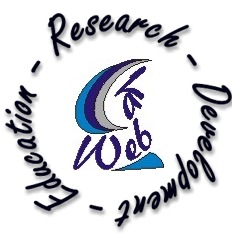
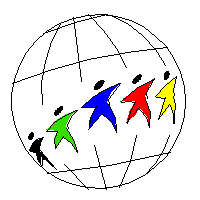


Oreste
Signore, <oreste@w3c.it>
Manager W3C Italy
Content on the Multilingual Web
4-5 April 2011, Pisa, Italy
Slides: http://www.w3c.it/talks/2010/mww/slides.html





 “ The people who built the Internet and Web have a
real appreciation of the value of individuals
and the value of systems in which individuals play their
role, with both a firm sense of their own identity and a
firm sense of some common good.
“ The people who built the Internet and Web have a
real appreciation of the value of individuals
and the value of systems in which individuals play their
role, with both a firm sense of their own identity and a
firm sense of some common good.
[…]
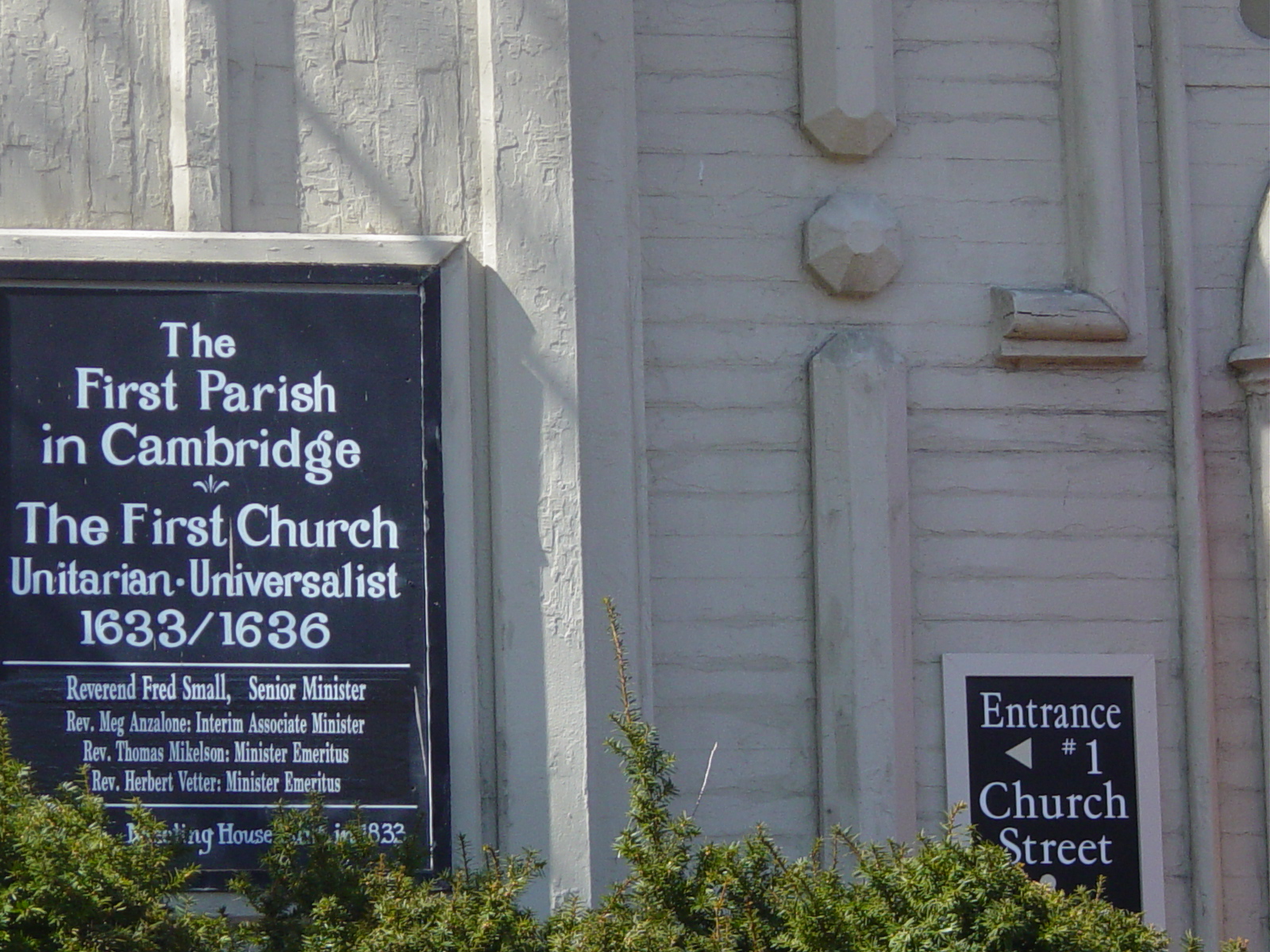 I was very lucky, in working at CERN, to be in an
environment that Unitarian
Universalists and physicists would equally
appreciate: one of mutual respect, and of
building something very great through collective
effort that was well beyond the means of any one
person - without a huge bureaucratic
regime.
I was very lucky, in working at CERN, to be in an
environment that Unitarian
Universalists and physicists would equally
appreciate: one of mutual respect, and of
building something very great through collective
effort that was well beyond the means of any one
person - without a huge bureaucratic
regime.
[…]
The system produced a weird and wonderful machine, which
needed care to maintain, but could take advantage of the
ingenuity, inspiration, and
intuition of individuals in a special way.
That, from the start, has been my goal for the World
Wide Web. ”
(Tim Berners-Lee - Weaving the Web, p. 208-209)

“To lead the World Wide Web to its full potential by developing protocols and guidelines that ensure long-term growth for the Web”

The same information is available to all users, regardless of who they are, where they are, what system they use, or how they are connected
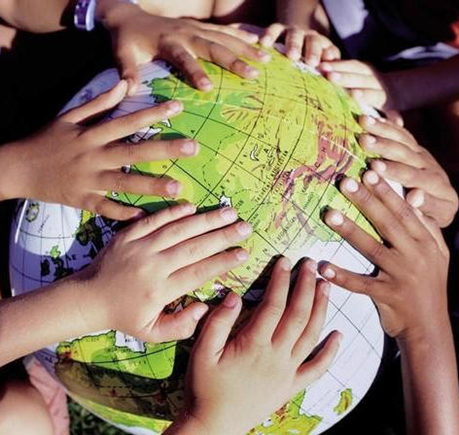 “The Web is more a social creation than
a technical one. I designed it for a social effect - to
help people work together - and not as a
technical toy. The ultimate goal of the Web is to
support and improve our weblike existence in
the world.”
“The Web is more a social creation than
a technical one. I designed it for a social effect - to
help people work together - and not as a
technical toy. The ultimate goal of the Web is to
support and improve our weblike existence in
the world.”
The social value of the Web is that it enables human
communication, commerce, and opportunities to share
knowledge [and] to make these benefits available to
all people, whatever their hardware, software,
network infrastructure, native language,
culture, geographical location, or physical or
mental ability.
(Tim Berners-Lee - Director of W3C and inventor of the Web)
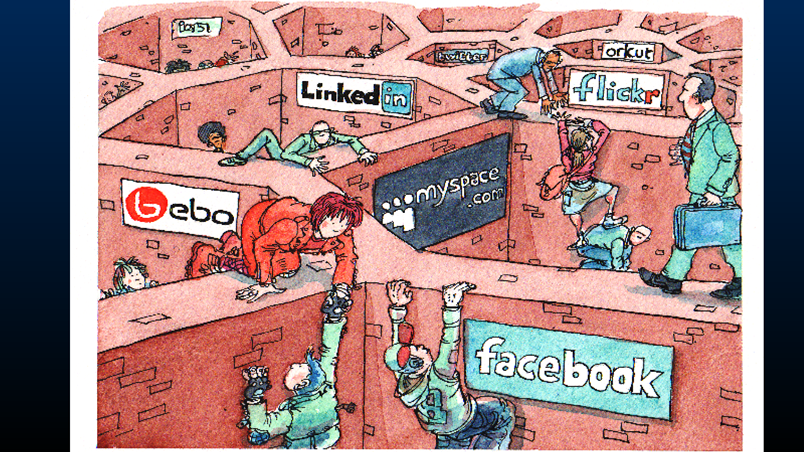
David Simonds, The Economist
(numbers from 2007/2008)

Some issues
(Quoting
http://www.designer-daily.com/thoughts-on-multilingual-web-design-5442)
About the author: Christian Arno is the founder
of global translations company and
website localization specialists Lingo24. In the past
twelve months, Lingo24 translated over thirty million
words for companies in sixty countries and their turnover
in 2009 was $6.1m USD.

However, quoting some colleagues of mine:
Don't mind about UTF-8, ISO-8859-1
is yet much more than we need!

 Green represents the
natural world in many cultures, but would you
put an illustration of a green hat on your site, if you
are addressing the China market? (Click image for
details)
Green represents the
natural world in many cultures, but would you
put an illustration of a green hat on your site, if you
are addressing the China market? (Click image for
details)
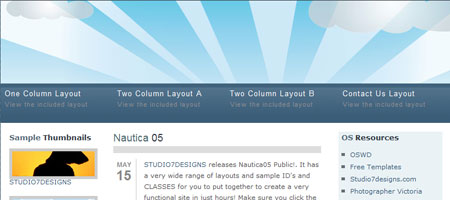
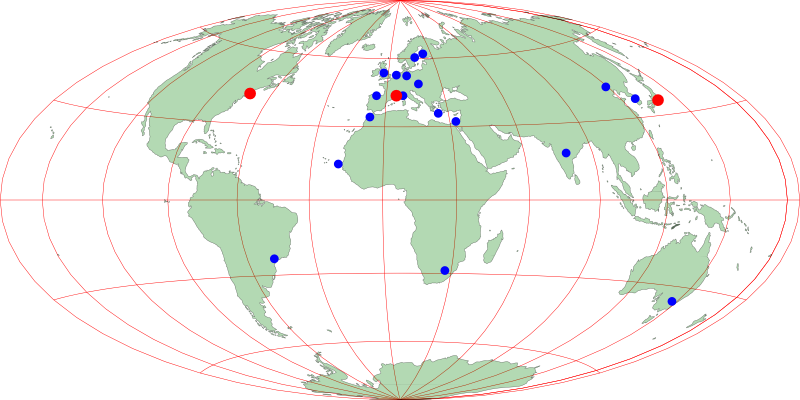


 …very popular
in Italy
…very popular
in Italy

 Get involved! become a
first class actor to drive the evolution of the Web
Get involved! become a
first class actor to drive the evolution of the Web
Questions?
…and answers
If it isn't on the Web it doesn't exist ...
... you will find on the office site (http://www.w3c.it/)
these slides (http://www.w3c.it/talks/2011/mww)